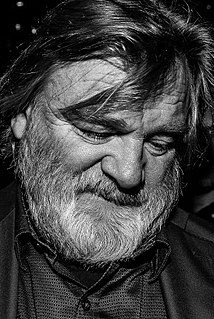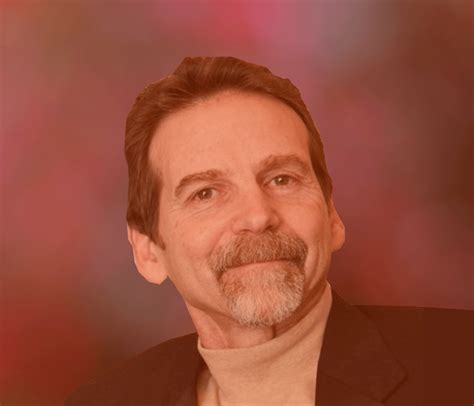A Quote by Chip Conley
When any of us thinks of ourselves as a role model - whether that's as a parent being observed by their kids or a leader under the microscope of their followers - it creates a natural stepping up of how we carry ourselves and what we expect from ourselves.
Related Quotes
How do we define, how do we describe, how do we explain and/or understand ourselves? What sort of creatures do we take ourselves to be? What are we? Who are we? Why are we? How do we come to be what or who we are or take ourselves to be? How do we give an account of ourselves? How do we account for ourselves, our actions, interactions, transactions (praxis), our biologic processes? Our specific human existence?
Awe is not a very comfortable standpoint for many people... Hence, all about us today, we see avoidance of awe-by burying ourselves in materialist science, for example or in absolutist religious positions; or by locking ourselves into systems, whether corporate, familial, or consumerist; or by stupefying ourselves with drugs.
The disowned parts of ourselves are what get in the way of us having the relationships we long for, the careers we don't know how to create, and the goals we want to achieve. It is by getting in touch with ALL the parts of ourselves - by having a gentle dialogue with all the "selves" we have inside - that we integrate them into a more comfortable, peaceful way of being with ourselves.


































